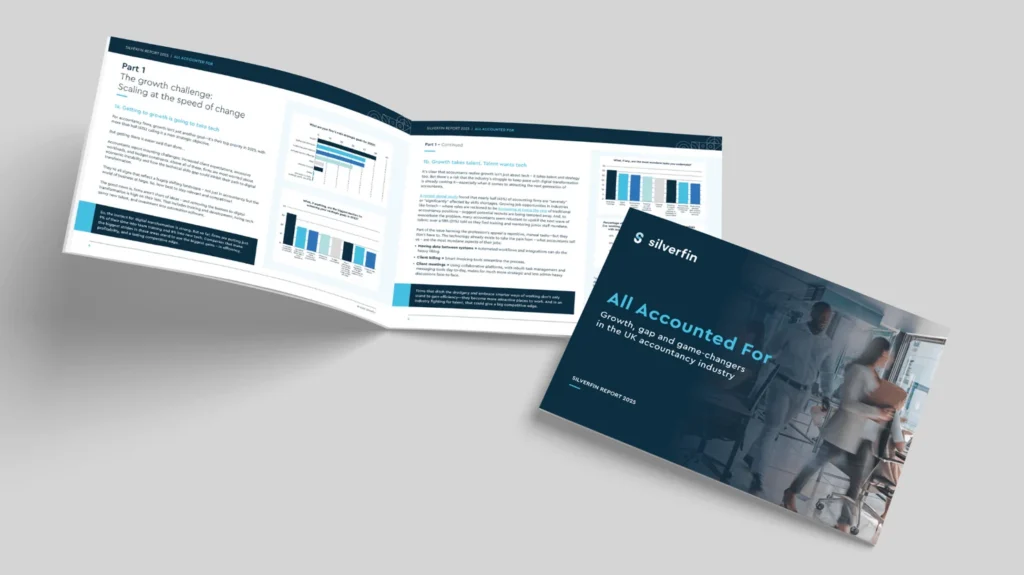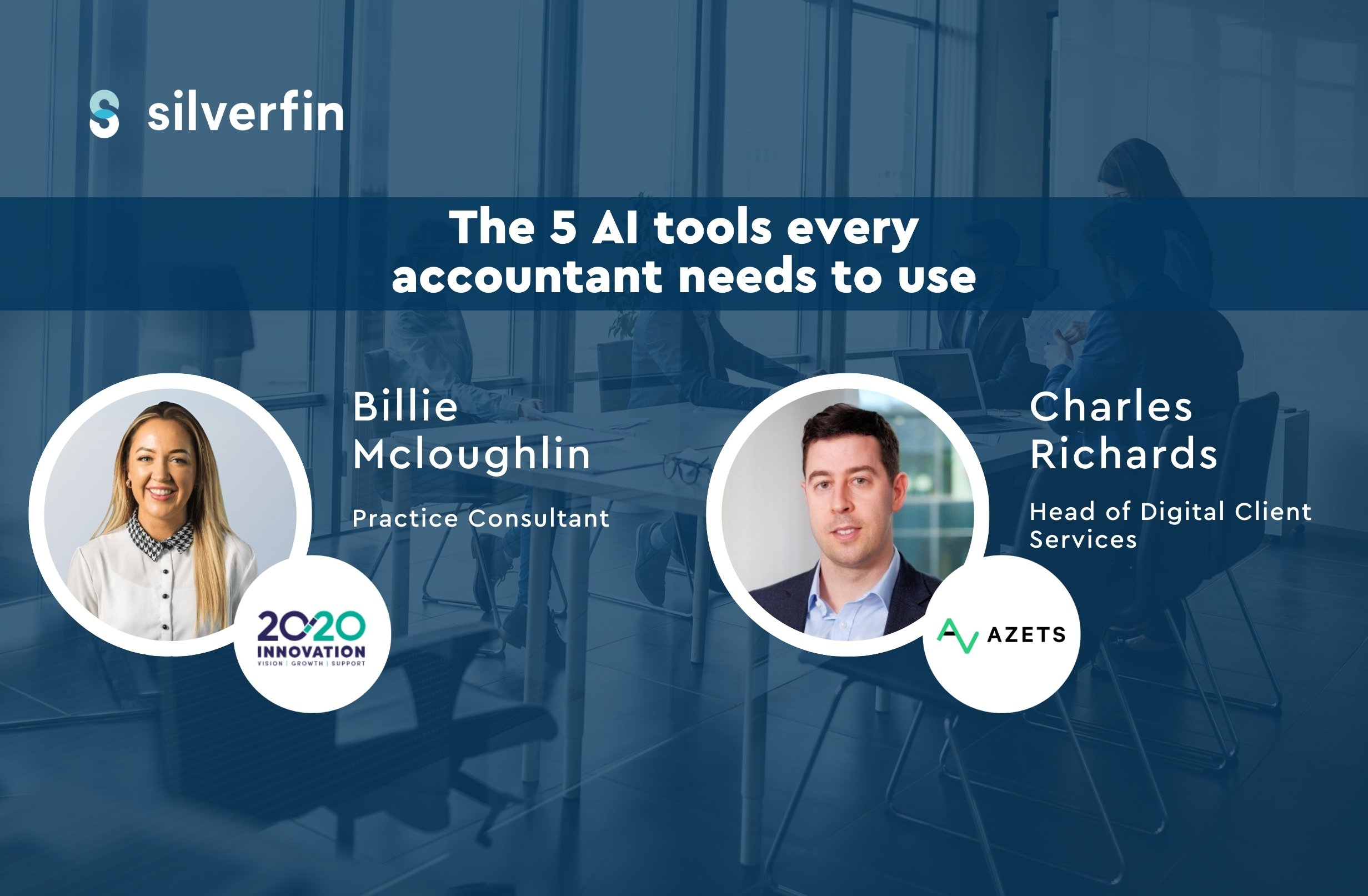The UK’s regulatory compliance framework continues to grow in breadth and complexity. From evolving HMRC reporting standards to tighter filing requirements at Companies House, accounting firms are under constant pressure to deliver accurate, timely, and transparent submissions. Manual processes are no longer able to meet demand – they tend to be prone to delays, duplication, and costly errors. In an environment where a missed deadline or incorrect figure can result in penalties and reputational harm, the need for innovative solutions has taken on an urgency.
Automated tax compliance software helps accounting firms to keep pace with regulatory demands. By combining cloud-based workflow automation with real-time data syncing, built-in error checks, and direct HMRC filing integrations, these systems remove the friction from compliance work. Firms that automate compliance processes can streamline team collaboration, minimise regulatory risk, and free up capacity for higher-value advisory work. For decision-makers evaluating the best compliance software for accountants, automation is more than a technology upgrade; it’s a strategic investment in efficiency, accuracy, and client trust.
The risks of manual compliance filing
Manual compliance processes carry significant risks that can damage both efficiency and reputation:
- Missed deadlines that lead to HMRC or Companies House penalties.
- Version control errors from working across multiple spreadsheets or outdated systems.
- Manual data entry mistakes that cause inaccuracies in statutory filings.
- Regulatory breaches resulting from incorrect or late submissions.
In a fast-moving regulatory environment, these risks can’t be ignored. Without a connected, automated system, firms spend valuable time reconciling discrepancies, chasing approvals, and fixing errors that could have been avoided entirely.
Benefits of automated tax compliance software
Modern automated tax compliance software addresses these challenges by building accuracy and efficiency into every step of the process:
- Pre-built logic for CT600s and other statutory filings.
- Live data syncing across accounts, eliminating duplication.
- Real-time alerts for missing or incomplete information.
- Automated error validation and checks before submission.
- Direct filing integrations with HMRC for faster processing.
Learn more about our Corporation Tax solution
How cloud-based workflow automation helps accountants
With cloud-based workflow automation, accounting teams work in a single, centralised environment. Tasks can be assigned, tracked, and approved in real time, removing bottlenecks and ensuring consistent processes across the firm. Whether staff are in the office or working remotely, everyone has access to the same up-to-date information, facilitating seamless collaboration and improving file accuracy.
A senior reviewer, for example, can log in from anywhere, view tax returns that are ready for approval, and instantly flag any issues such as missing documentation. There is no need to wait for email updates or search for missing files, creating a smooth process that flows in one secure system.
Explore more on our Cloud Accounting blog
Automating compliance: From filing to advisory
When repetitive filing tasks are automated, accountants can gain more productive hours each week. These hours can be redirected towards strategic advisory services, such as tax planning, business forecasting, or helping clients prepare for upcoming regulatory changes.
Automation captures every change in an immutable audit trail and ensures that all stakeholders are working from the same live dataset, boosting confidence to deliver advice. Better data means better insights and a stronger advisory offering.
See how Silverfin Assistant supports more brilliant client work
Choosing the right compliance automation tool
Not all solutions are created equal. For long-term scalability and compliance confidence, look for software with attributes that include:
- Real-time data syncing to eliminate manual updates.
- Automated updates to keep pace with changing tax rules.
- Built-in workflow tracking for visibility at every stage.
- Role-based access to protect sensitive information.
- iXBRL tagging for streamlined online submissions.
These features ensure the chosen platform will serve the team beyond today’s needs but adapts as regulations and your client base evolve.
Conclusion: Smarter compliance filing starts with automation
Firms that embrace automation are not only reducing their regulatory risk, they’re creating capacity to deliver more value to clients. With the right tools in place, compliance becomes faster, more accurate, and far less of a burden, allowing your team to focus on the strategic work that drives growth.
Ready to simplify your compliance processes?
Book a demo today to see how Silverfin can help you streamline, automate, and elevate your compliance work.














